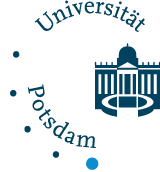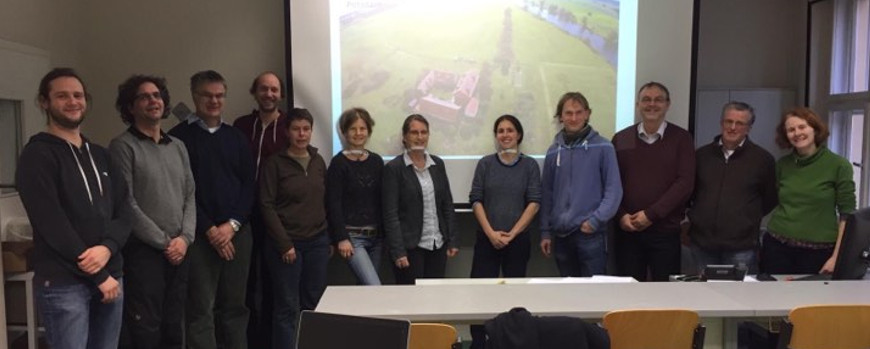The floodplain is alive!
How do floodplain landscapes change when rivers can develop their full dynamics again? How can floodplain grassland be managed so that, on the one hand, biodiversity increases and, on the other hand, management is also profitable? What if last year's dry summer was just a foretaste of the coming climate in Brandenburg - how will fields and pastures on floodplain sites change in the future? A group of geoecologists and ecologists at the University of Potsdam intends to investigate these and other questions in the next few years, initiating joint research projects in the context of biodiversity initiatives, grassland management, and nature and environmental protection. The University of Potsdam has a research site that is unique in Germany: the Biological Station Gülpe in West Haveland is located in the middle of the dynamic and partially renaturalized Havelaue. Students have been taught and long-term data has been collected there for decades. This location allows historical biotic and abiotic data on natural area management and flood events to be intersected with current research results to develop forecasts for the future, and to evaluate the success of renaturation measures. Because the floodplain is alive!
Participating working groups and institutes: Researchers of the working groups Animal Ecology, Ecosystem Services of Floodplains, Vegetation Ecology and Nature Conservation, Geography and Natural Hazards, Biodiversity Research, , Climatology and Hydrology, Ecosystem Research, Landscape Management, Botanical Garden, Water and Mass Transport in Landscapes; of the Institute of Biochemistry and Biology and the Institute of Environmental Sciences and Geography of the University of Potsdam, as well as of the Leibniz Institute of Freshwater Ecology and Inland Fisheries.

